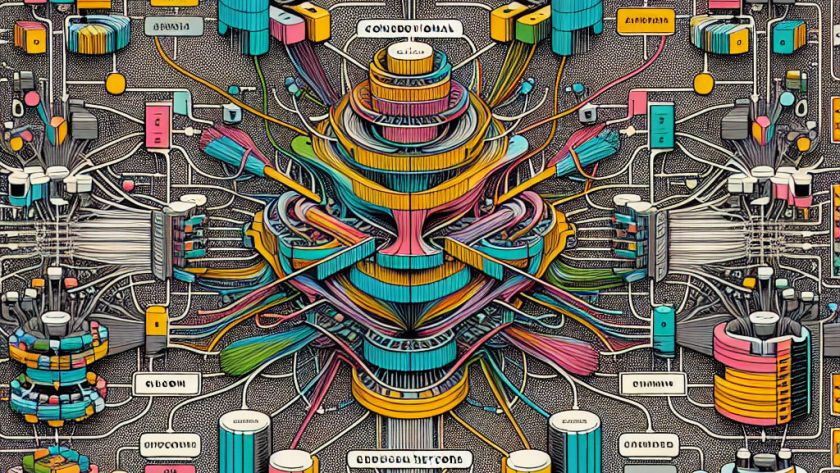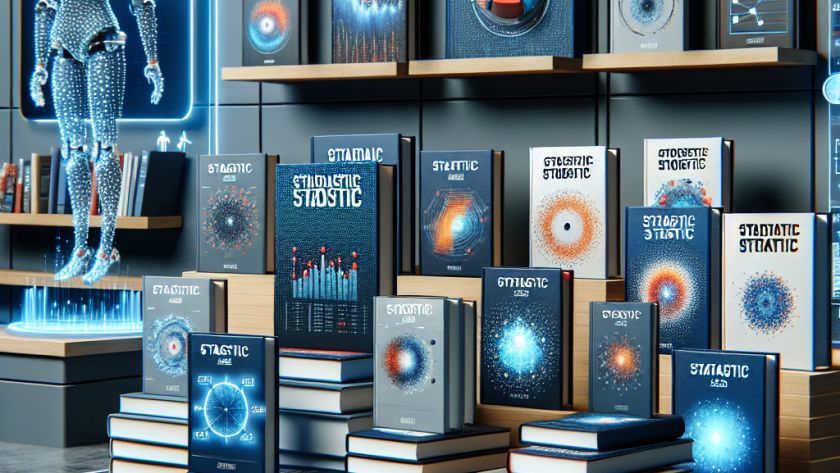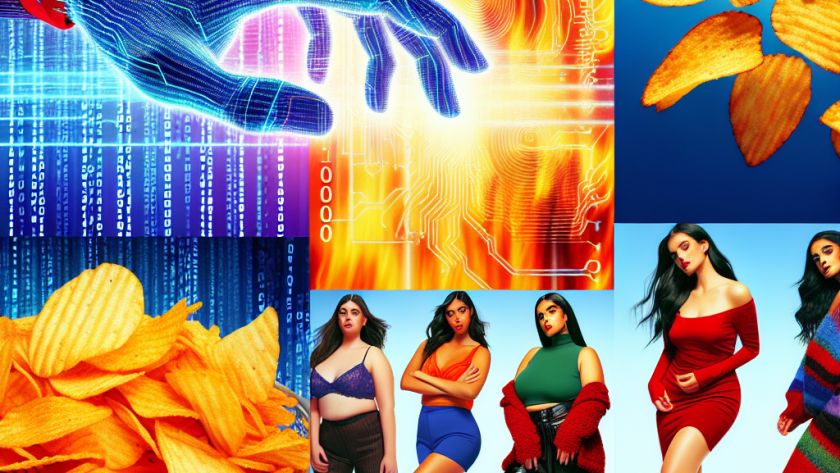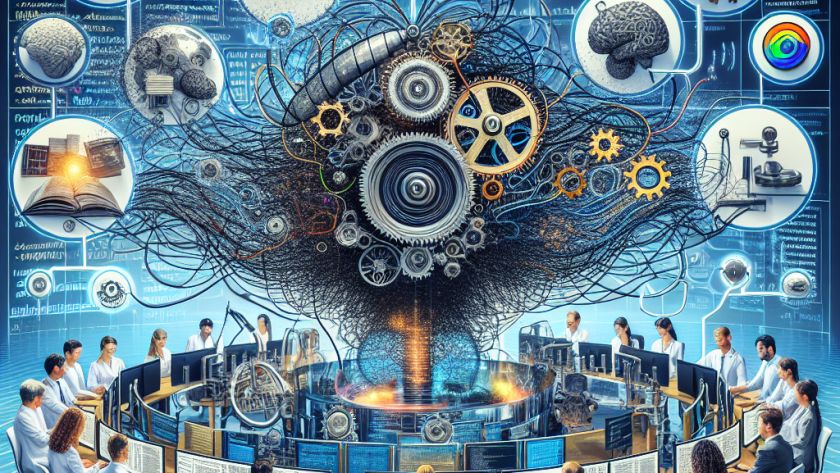Medical imaging is a sophisticated field within the healthcare industry, with the task of interpreting results posing significant challenges. AI models have been developed to support medical professionals by analyzing images, identifying possible signs of diseases. However, a major drawback of these AI systems is that they typically propose a single solution, even when there…












